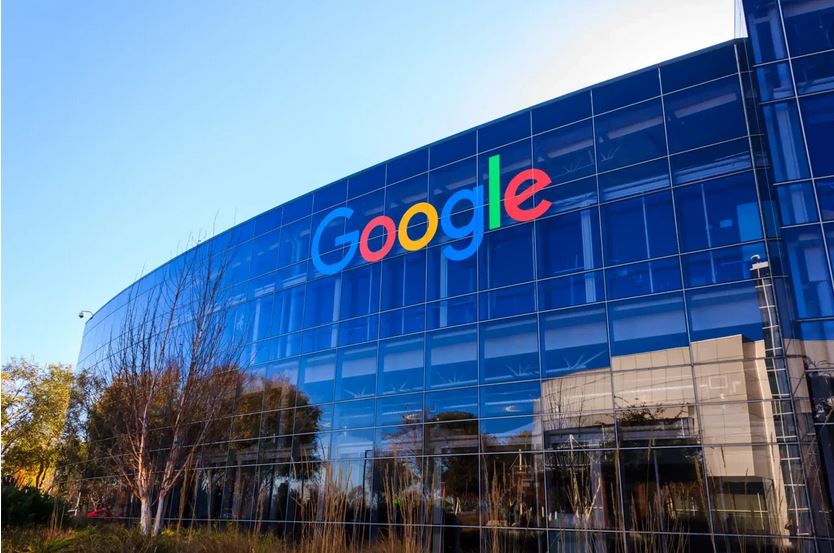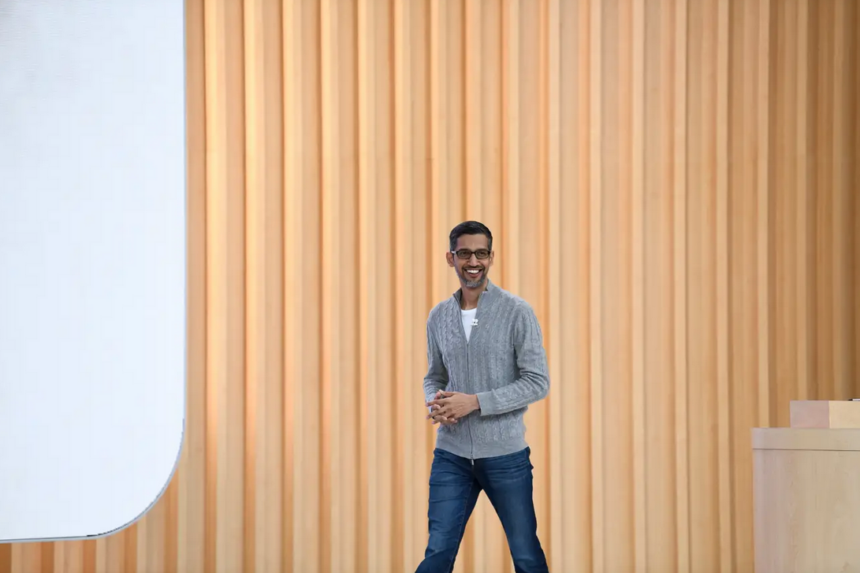As Google approaches its 25th anniversary, typically a time for celebrating its groundbreaking impact on the internet, the company’s CEO can’t help but emphasize the looming significance of AI.
In a recent blog post, Sundar Pichai, who has been at the helm since 2015, asserted that AI represents “the most significant technological transformation we’ll witness in our lifetimes,” potentially surpassing even the internet itself. Google has long held a pivotal role in shaping the internet landscape, dating back to its founders, Larry Page and Sergey Brin, who embarked on a mission to organize and globally share information, fundamentally shaping the way the web operates.

However, the emergence of generative AI, exemplified by OpenAI’s ChatGPT introduced last year, has created a sense of urgency for internet companies like Google, pushing them to adapt quickly to this transformative technology that has revolutionized information retrieval and various other functions.
Google has a well-established history of engagement with AI, notably highlighted by its acquisition of the London-based AI firm DeepMind for over $500 million in 2014. Nevertheless, the direct threat posed by a chatbot capable of answering user queries disrupted its status earlier this year. The profound impact of generative AI has startled Google to the extent that CEO Pichai declared a “code red” following the launch of ChatGPT last year. Additionally, co-founder Brin has reportedly increased his presence at Google’s offices this year, focusing more directly on AI initiatives.

The company, which unveiled its own AI chatbot called Bard in February, is preparing to release an AI model called Gemini that is expected to rival the GPT model beneath OpenAI’s ChatGPT.
AI represented a fundamental rewiring of technology and an incredible accelerant of human ingenuity. Making AI more helpful for everyone, and deploying it responsibly, is the most important way we’ll deliver on our mission for the next 10 years and beyond.
Sundar Pichai, CEO of Google via blog post








